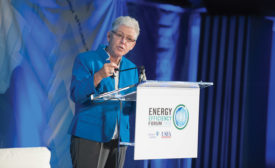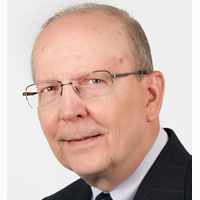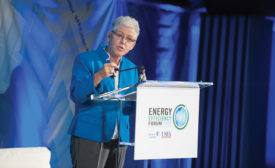Home » Energy Star
Articles Tagged with ''Energy Star''
Industry finds pros and cons in government-run efficiency program
Read More
A Call to Arms on Behalf of Energy Star’s Future
Eliminating The EPA program will be counter-productive
Read More
Is the Energy Star Program on Life Support?
The Trump administration takes aim at the U.S. EPA’s Energy Star program
Read More
Need to Reduce Energy Consumption to Boost the HVAC Insulation Market Through 2020
Government regulations encourage the installation of efficient HVAC insulation.
December 19, 2016
New US EPA Energy Star Program Focuses on HVAC Installations
The program will place emphasis on installation best practices for maximizing home energy efficiency
November 7, 2016
Energy Star’s Most Efficient Central A/Cs and Air-source Heat Pumps
An inside look at some of the most efficient products in HVAC
Read More
Energy Efficiency is Helping to Drive the Economy
Efficiency investments are projected to generate more than 250,000 new hires in 2016
Read More
Energy Efficiency Is Helping to Drive the Economy
Efficiency investments are projected to generate more than a quarter million new hires in 2016
July 13, 2016
Copyright ©2024. All Rights Reserved BNP Media.
Design, CMS, Hosting & Web Development :: ePublishing












